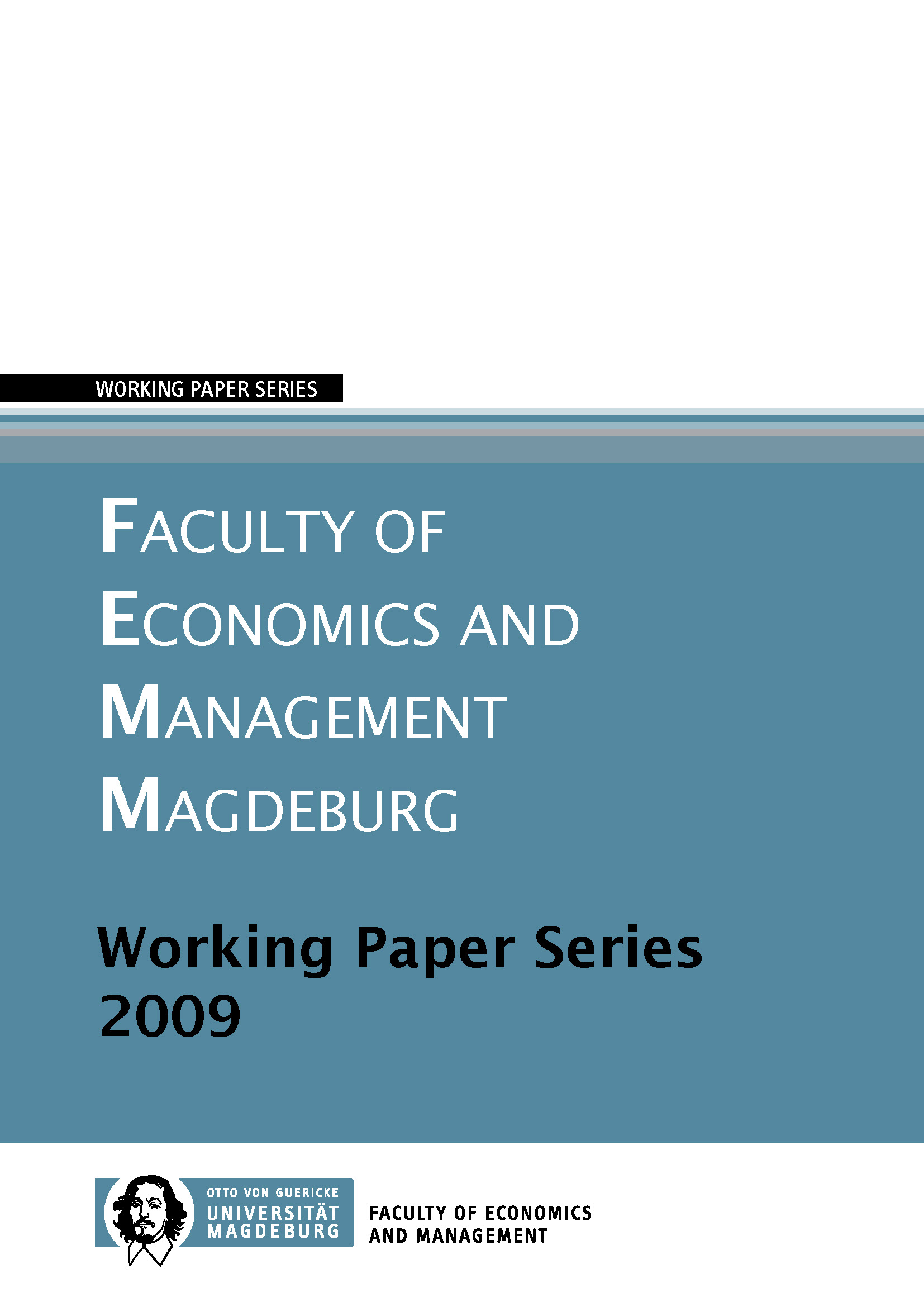Revisiting the neoclassical theory of labour supply
Disutility of labour, working hours, and happiness
DOI:
https://doi.org/10.24352/UB.OVGU-2018-384Keywords:
Labour Supply, Working Hours, Happiness, Life SatisfactionAbstract
In empirical analyses, employment status has a substantial influence on individual wellbeing. People without work are consistently less happy, even after controlling for income. This result seems to contradict the standard theory assumption of labour disutility. In this paper, we analyze the impact of working time on happiness. The results show distinct positive utility effects caused by employment and working time. Happiness correlates positively with hours worked. However, there is an inverse U-shaped correlation - excessive hours reverse the relationship. Additionally, the results show the importance of exogenously given deviations of working time from the individually preferred labour supply. These discrepancies reduce well-being and counterbalance the positive effects of work.


